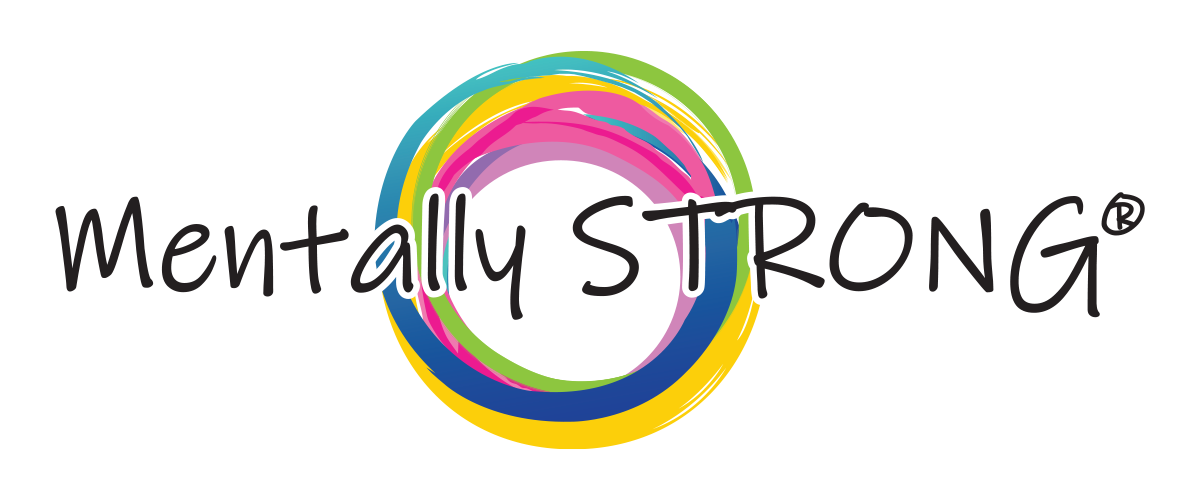PMDD, or premenstrual dysphoric disorder, is a real disorder in the Diagnostic and Statistical Manual of Mental Disorders, fifth edition (DSM-V). Dr. Cristi Bundukamara, Ed., PMHNP (aka, Dr. B.), founder and creator of the Mentally STRONG Method, explains this disorder, related disorders that it may be mistaken for, and treatment options.
What is PMDD?
The first step in identifying PMDD is for clients to track their cycle. Specifically, the week before menses is the most severe, and then the week following, there is a slow trend of improvement. Diagnosing PMDD can only be done with a clear record showing a correlation between symptoms and a woman’s cycle. PMDD includes at least five of the following symptoms:
PMDD Symptoms
- Mood swings
- Sudden tearfulness
- Severe irritability or anger
- Depressed mood or anxiety
- Decreased interest in usual activities
- Difficulty concentrating
- Severe fatigue
- Changes in appetite
- Hypersomnia or insomnia
- Feeling out of control
- Physical effects include tender breasts, inflammation, and bloating
PMDD Treatment
PMDD should not be shrugged off as a “part of life as a woman.” You deserve better, and you deserve to be happy. PMDD is treatable, similar to PMS, but with some caveats. Many women experience PMS or premenstrual symptoms, but PMDD is different because it interferes with daily life and typically requires medical treatment. Varying treatment modalities can also treat PMS, including birth control, which can worsen breast and female reproductive cancers, so clients should discuss it with their doctor. Birth control can also help with PMDD – especially the physical symptoms, and are often prescribed alongside antidepressants.
PMDD Vs. Mood Disorders
If the symptoms above do not correlate with a woman’s cycle, the more likely diagnosis is a mood disorder, such as bipolar or unspecified. Each of these requires a different treatment regimen, so it is essential to distinguish between diagnoses and receive the proper treatment. Two weeks of your month is half your life. There is no need to suffer from these symptoms; safe and effective treatments are available. Mental health is a right, and becoming Mentally STRONG is a form of self-care. As women, we affect the lives of those we care for, and to be Mentally STRONG, we need to care for ourselves, too.

